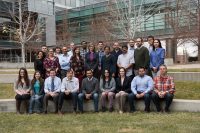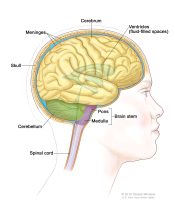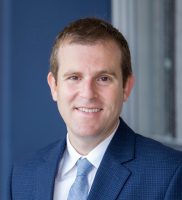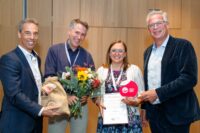MAF-funded researchers present at ISPNO 2024
The 21st International Symposium on Pediatric Neuro-Oncology was held June 28-July 2, 2024 in Philadelphia, Pennsylvania. ISPNO is the major global meeting for the international community of professionals involved in the scientific research, diagnosis, treatment, and rehabilitation of kids and teens with brain and central nervous system cancers. Doctors, researchers, and nurses you support from…









